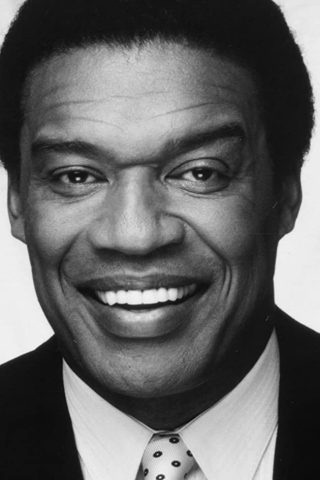| Name | Frank Wead |
| Phone |  |
| Email ID |  |
| Address |  |
| Click here to view this information |
Frank Wilber “Spig” Wead was a US Navy aviator turned screenwriter who helped promote United States Naval aviation from its inception through World War II.
Before and after World War I he was an early proponent of pushing the Navy into air racing and speed competitions. This competition, mainly against the United States Army (and their leader James Doolittle), helped push US military aviation forward. These competitions would give military aviation a much-needed spotlight in the public eye. The public attention that it generated helped push Congress to fund the advancement of military aviation. He served with distinction in World War I. After WWI he was a test pilot for the Navy.
In September of 1923 Wead was a member of the US Navy team that traveled to Cowes, England, to compete in the Schneider Cup Race (Jacques Schneider Maritime Seaplane Trophy). The Schneider Cup (or Schneider Trophy), which was named for the French aviation enthusiast, started in Monaco in 1913. This most prestigious seaplane racing cup resided in Europe until 1923 when Lieutenant David Rittenhouse won the race and brought the cup home to the United States for the Navy team.
On the 22nd and 23rd of June 1924 in Anacostla, DC,, as a lieutenant, Wead along with Lt. John Dale Price, using a Curtis CS-2 with a Wright T-3 Tornado engine, would set new Class C seaplane records for distance (963.123 miles), duration (13 hours, 23 minutes, 15 seconds) and three speed records (73.41 mph for 500 kilometers, 74.27 mph for 1000k, 74.17 mph for 1500k). Wead and Price would strike again on the 11th and 12th of July 1924, with new Class C seaplane records for distance (994.19 miles) and duration (14 hours, 53 minutes, 44 seconds) using a CS-2 with a Wright Tornado engine.
Wead would have no doubt continued to be an excellent naval aviator, as a squadron commander, had it not been for a tragic accident–in April of 1926 he broke his neck in a fall and was paralyzed. While convalescing, at the encouragement of his Navy friends, Wead began writing. That would turn into a second, and even more important, career for him. It would be the promotion of naval aviation through the pen and screen. This second, unforeseen, career would be his true position of importance in promoting naval aviation, far more important than his endeavors as a pilot. Wead’s writings would lead him to Hollywood and the eventual friendship and collaboration with director John Ford. Wead would receive two Academy Award nominations in 1938, one for Best Original Story for Test Pilot (1938) and a second for Best Screenplay for The Citadel (1938). Wead also wrote for leading magazines (The Saturday Evening Post and The American Magazine), and he was published writer of at least two books, including “Ceiling Zero” (1936) and “Gales, Ice and Men” (1937). Frank Wead died in 1947.
John Ford would eventually be persuaded to make a movie about Wead, The Wings of Eagles (1957), and would cast John Wayne to play the part of Commander Frank “Spig” Wead. John Dale Price was played by Ken Curtis. Ward Bond would play director Ford in the character of John Dodge. Mrs. Minnie “Min” (Bryant) Wead (Frank’s wife) is played by Maureen O’Hara.
Frank A. Andrews’ book “Dirigible” (New York: A. L. Burt Co. 1931), is based on the Columbia Picture screenplay of the film Dirigible (1931) by Wead.
Details
Frank Wead Keywords
Frank Wead Contact Details, Frank Wead Facebook, Frank Wead Instagram, Frank Wead Phone Number, Frank Wead Cell Phone, Frank Wead Address, Frank Wead Whatsapp Number, Frank Wead Whatsapp Group, Frank Wead Email, Frank Wead Phone Number 2020, Frank Wead Twitter Account




